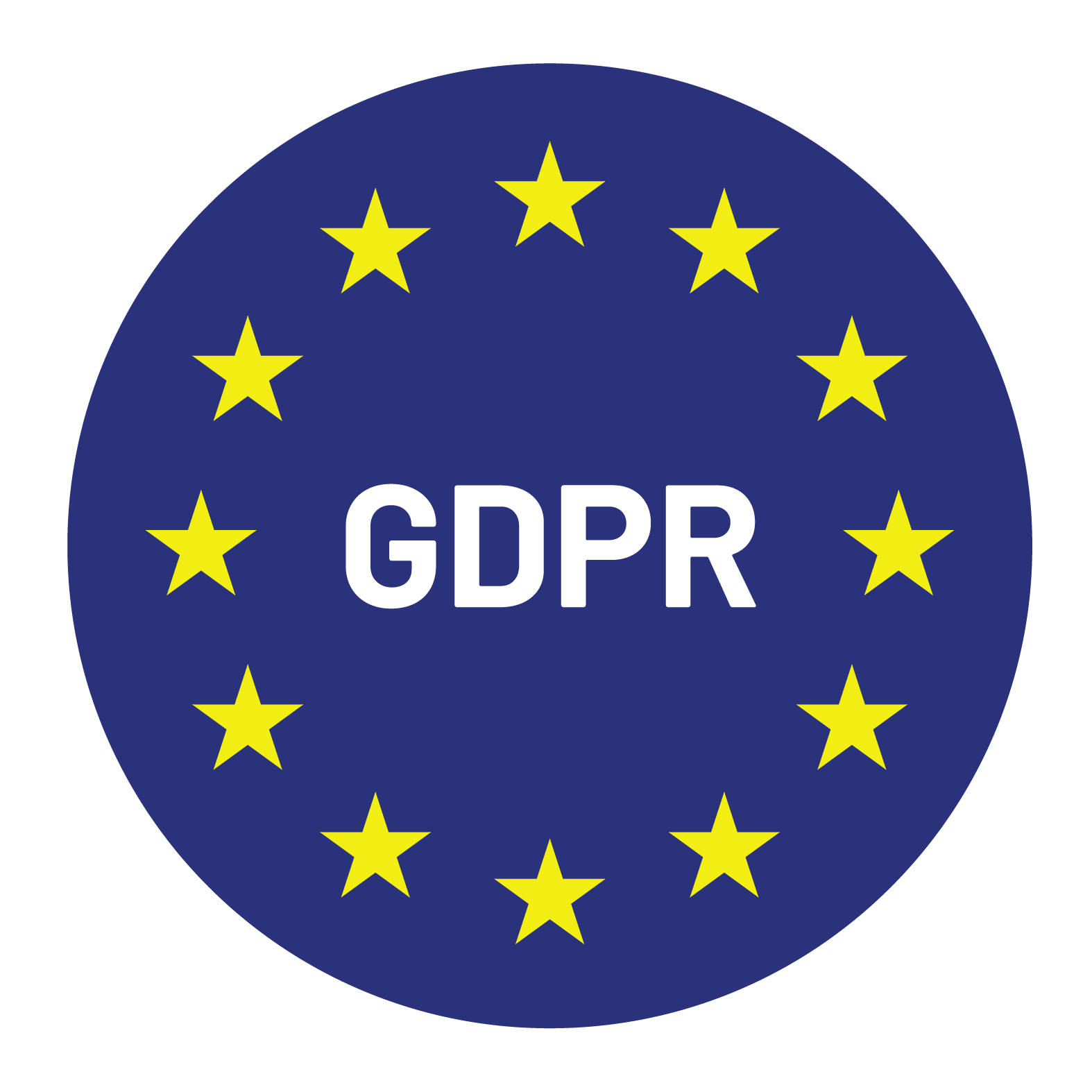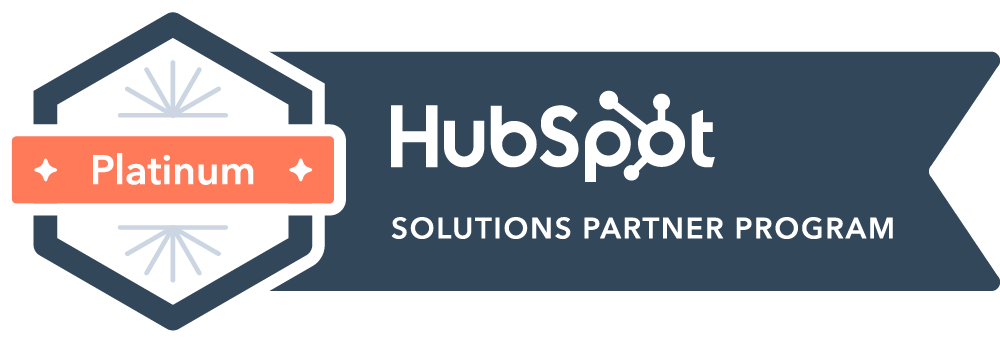

Content Writer for Whistle with multidisciplinary experience spanning over a decade.
Hiring SDRs is more challenging than it appears. Resumes rarely reveal what someone is capable of, and interviews often prioritize confidence over potential. The candidates who speak well are not always the ones who will perform well in the role.
Many of the traits that make someone successful as an SDR, persistence, curiosity, and adaptability, are difficult to spot in a short interview. They do not show up in a list of qualifications. They show up in how someone responds under pressure, how they take feedback, and how quickly they improve.
If you are relying on polished answers or sales experience alone, you are likely missing people who could succeed with the right support. Finding the right fit means knowing what to look for and how to bring it out in conversation.
Interviews are your first and best shot at getting this right. Not by filtering for confidence, but by paying close attention to how a person thinks, listens, and learns. Anyone can memorize a sales script. Not everyone knows how to adapt when the conversation goes off-script.
The interview is not just a formality. It is one of the few chances you have to assess whether a candidate has the mindset, habits, and raw ability to succeed in a demanding role. But that only happens if the process is designed to bring those traits out. When interviews are structured with intent, they do more than filter: they reveal. And that is what gives you a real advantage in building a high-performing SDR team.
The typical hiring process for SDRs tends to reward performance during the interview, not long-term potential. This often means the candidates who sound best, the ones who are confident, polished, and quick on their feet, make it through. But sales development requires a different kind of consistency. It rewards persistence, adaptability, and the ability to learn fast and bounce back even faster.
Most of these traits do not show up on a resume. They also do not come through when you ask a candidate to talk about their biggest strength or describe a time they worked in a team. These questions are fine as a warm-up. But if you stop there, you will miss the people who are quiet but driven, smart but undertrained, and coachable enough to become your best performers in six months.
Strong SDRs often have varied backgrounds. Many do not come from a formal sales environment. Some may not even have B2B experience. What matters is how they think under pressure, how they respond to feedback, and whether they show signs of being self-motivated and eager to improve. That does not come through if your questions stay at the surface.
Hiring well starts with asking better questions and knowing what to look for in the answers.
The best SDRs are not just motivated. They are relentless. Rejection is part of the job, and you need people who do not take it personally or let it stall their momentum.
Ask about a time they failed at something they cared about. Listen for how they responded, what they did next, and whether they talk about the experience with accountability and insight.
To get a sense of their drive, you can ask them to describe something they taught themselves outside of work. It could be personal or professional. The point is to see if they seek progress without waiting for someone to hand them a roadmap.
Good communication in sales is not about sounding slick. It is about being clear, concise, and relevant.
Role-plays are a good way to test this. Give the candidate a mock product and a customer persona. Ask them to introduce themselves, ask questions, and pitch the product. Pay attention to how well they listen, how they respond to new information, and whether they adapt their message as the conversation unfolds.
You are not looking for polish. You are looking for thoughtfulness, awareness, and signs that they can connect with people without relying on a script.
Sales change quickly. Messaging shifts. ICPs get refined. Tools update. What you need is someone who can absorb information, stay open to new ideas, and get better over time.
Ask what they have learned in the last six months and how they went about learning it. You can also ask how they would go about selling a product they have never seen before. The goal is to hear how they approach new problems, not whether they get the answer right.
Curiosity often shows up in the questions they ask you. If they are not asking anything meaningful, that tells you something, too.
Even strong hires will need training. If someone is not open to feedback, they will plateau quickly.
Ask about a piece of feedback they received that was hard to hear. What did they do with it? Did they apply it? Did it improve their work?
Coachability shows in how they respond when challenged. You can test this directly in a role-play. Give them feedback mid-exercise and ask them to run it again. See how they adjust, or if they do at all.
SDRs juggle a lot. Outreach, follow-ups, lead prioritization, CRM hygiene, it all adds up fast.
Ask how they plan their day and how they manage competing priorities. Get specific. Do they use a calendar? How do they track their progress? How do they handle distractions?
People with strong organizational skills often have a system, even if it is informal. You are looking for signs they can stay focused and move through tasks methodically.
Sales development is filled with obstacles. Gatekeepers. Bounce-backs. Missing contact info. SDRs who succeed are the ones who figure things out without waiting for direction.
Use scenarios. For example, “You are given a target account with no obvious contact info and little public data. What do you do?” You are not looking for a perfect plan. You are looking for signs of initiative, problem-solving, and the ability to think through next steps.
Emotional intelligence matters more than most hiring managers expect. SDRs need to build rapport fast, read between the lines, and stay calm in tough interactions.
Ask about a time they handled a difficult person. What was their approach? How did they resolve it? What did they learn?
Strong candidates tend to reflect on how their actions affected others. They show empathy and self-awareness without trying to oversell it.
Most of the value in an SDR interview comes from how well you listen and how well you ask the follow-up.
The STAR method (situation, task, action, result) helps candidates tell structured stories, but it only works if you keep them talking. Start with open-ended questions, then go deeper. Ask why they made a choice. Ask what they would do differently. Look for patterns in how they think, not just what they say.
Situational and behavioral questions work best when paired with real-time listening. If you are racing through a checklist, you are not really learning much.
An effective SDR interview should follow a clear structure. Start with warm-up questions, move into behavioral and situational scenarios, and include at least one live role-play.
Use a consistent scoring system across candidates, so that decisions are based on evidence, not instinct.
The best SDRs are not always the loudest or most polished candidates. Sometimes they are the ones who take a second longer to answer, or who have not had formal sales training but show strong instincts and a real desire to learn. If your interview process only rewards the obvious performers, you will miss the ones with the most potential.
Hiring well is not about finding someone who knows the right words. It is about building a process that shows you who is worth betting on.
At Whistle, we work with sales teams to design interview processes that reveal what matters most – how people think, how they improve, and how they show up when it counts. If you are serious about building a team that performs beyond what a resume can predict, we can help you shape the process that gets you there.


© Copyright – Whistle 2023